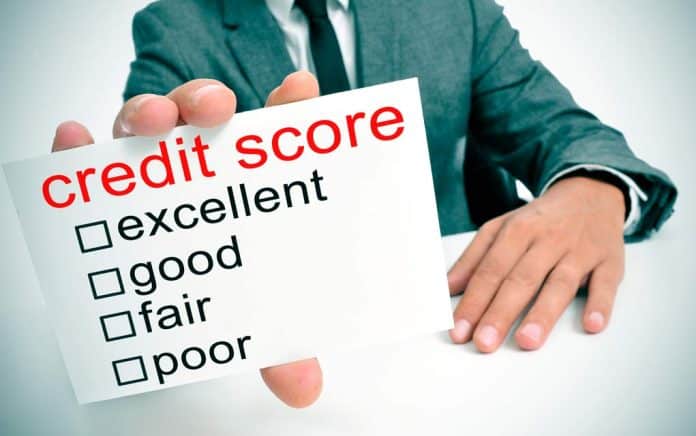
You think you’re doing everything right. You have a credit card or two, you’re making regular payments, and maybe you even have a small car loan. You have a good debt to credit ratio and you’re building your credit score like a pro. Unfortunately, it’s a lot easier to ruin your credit than it is to build it up.
Making Late Payments
You got caught up with an illness or a work project. Maybe you went on vacation and forgot your due date was coming up. The sooner you make that missed payment, the better. Your creditors will be willing to overlook a misstep here or there, but once you start making payments that go beyond 30 and 60 days late, they’ll start reporting to the credit bureaus. Let a payment go past 90 days and you may as well have filed for bankruptcy. Ouch!
Applying for New Cards
We know just about every store you shop in is now offering you a credit card application at checkout, but learn to just say no. Every single time you make an application there is an official credit check and that report will automatically knock you down a point or two. Frequent inquiries can do you more harm than good – and you don’t need all those cards, anyway.
Closing the Wrong Cards
Your debt to credit ratio is important. If you have $10,000 in credit and only have a $500 balance due, you’re doing very well and only have a 5% debt ratio. If you close the card with the $5,000 limit and the one with the $2,500 limit, you’re left with a $500 balance and a $2,500 credit limit. Now you have a 20% debt ratio. That’s a huge difference. The lower your percentage of debt, the better your credit score.
Large Balances
Don’t run up huge balances every single month. Utilizing the majority of your credit, even if you pay it off right away, can be just as damaging as missing payments. Most creditors will report at the end of each billing cycle, so the credit bureaus will see the utilization ratio before they see the payments made. If you do this every month, you’ll end up stuck in a vicious cycle.
Opening and closing multiple accounts at the same time, falling behind on your taxes, selling your home with a short sale, bouncing checks, paying your rent late, and even forgetting to change your name on your credit card accounts can all cause damage. Keep on top of your spending habits and check your report for errors on a regular basis and you will be better able to negate damage to your score.
~Here’s to Your Financial Health!





















